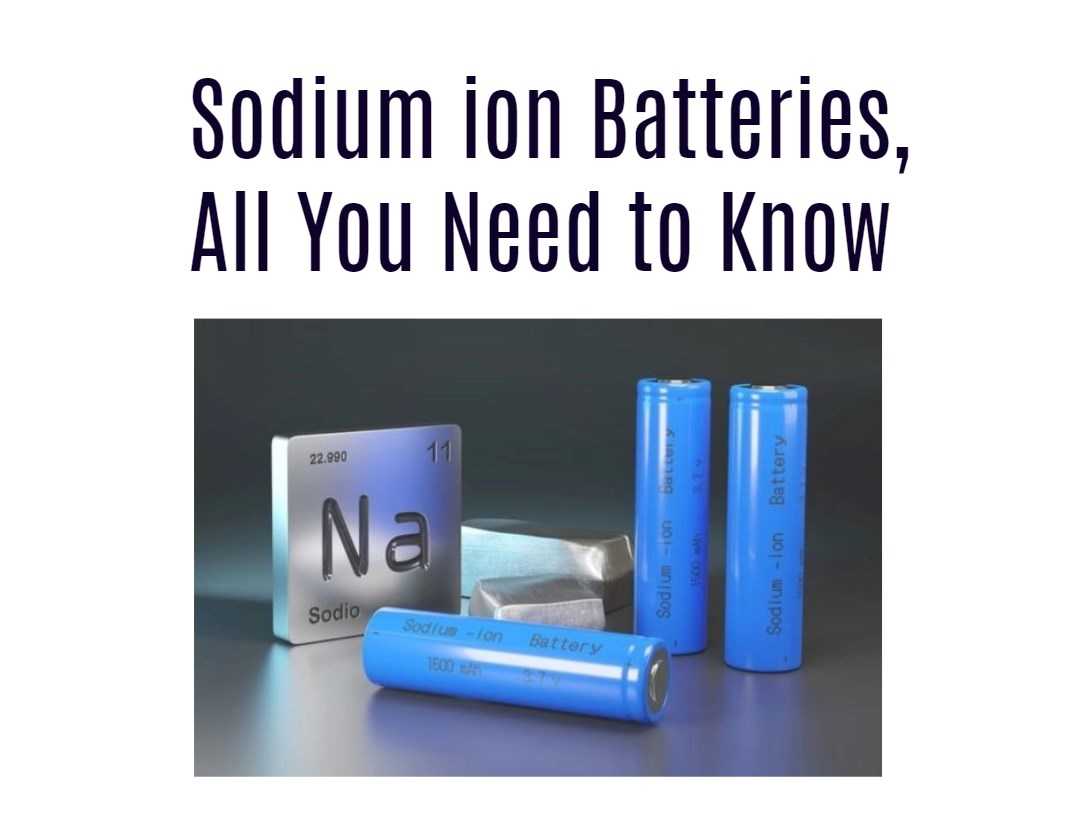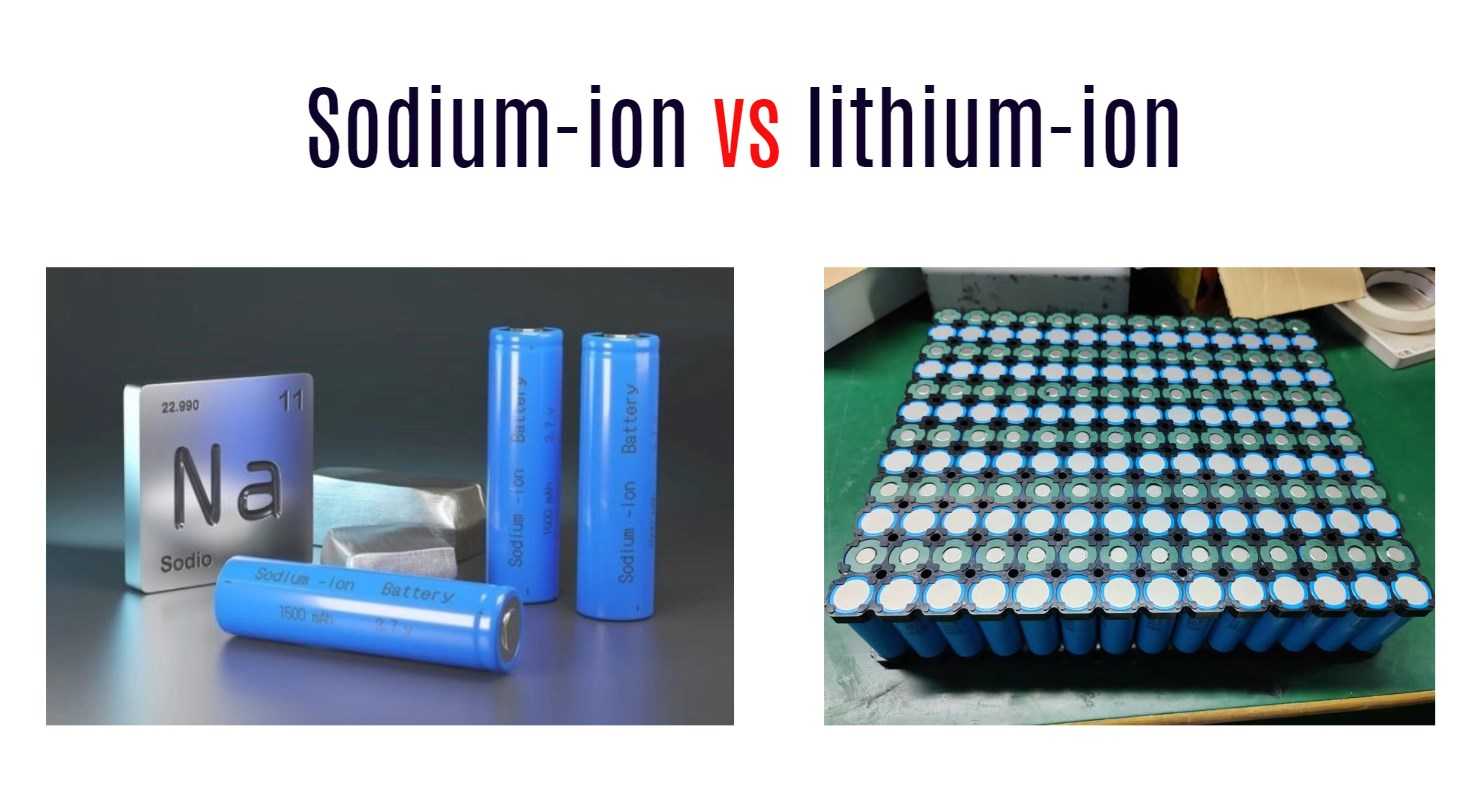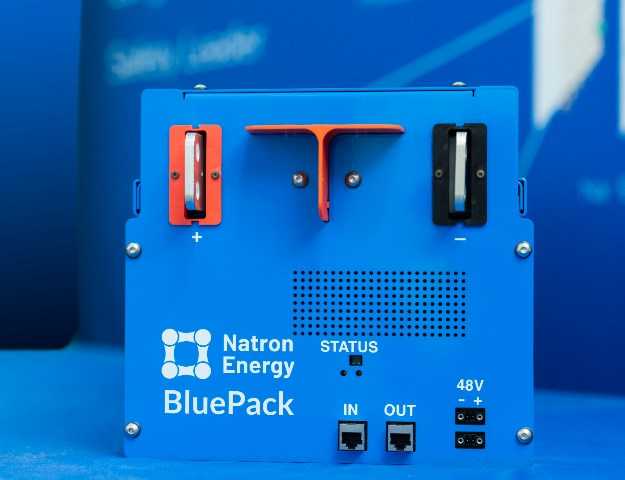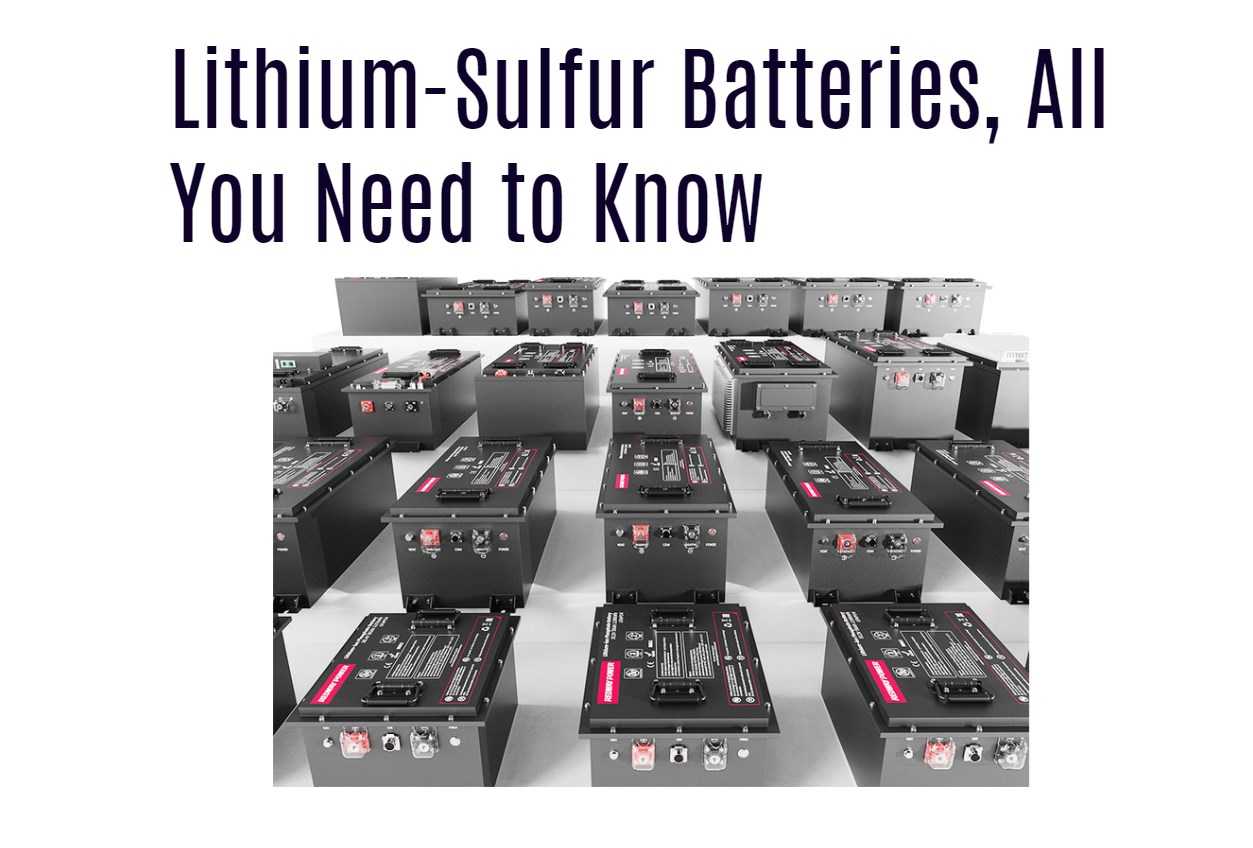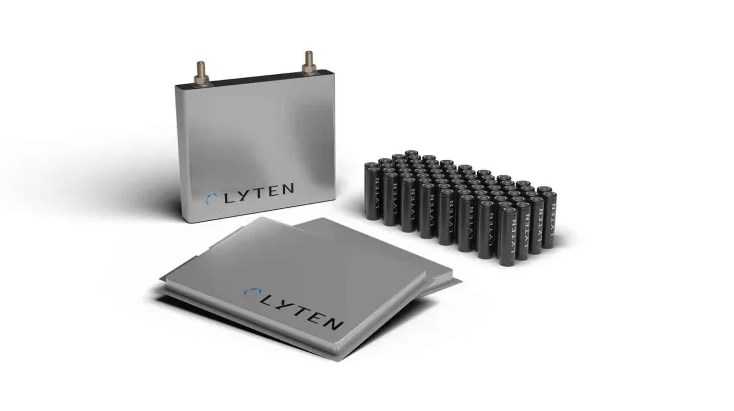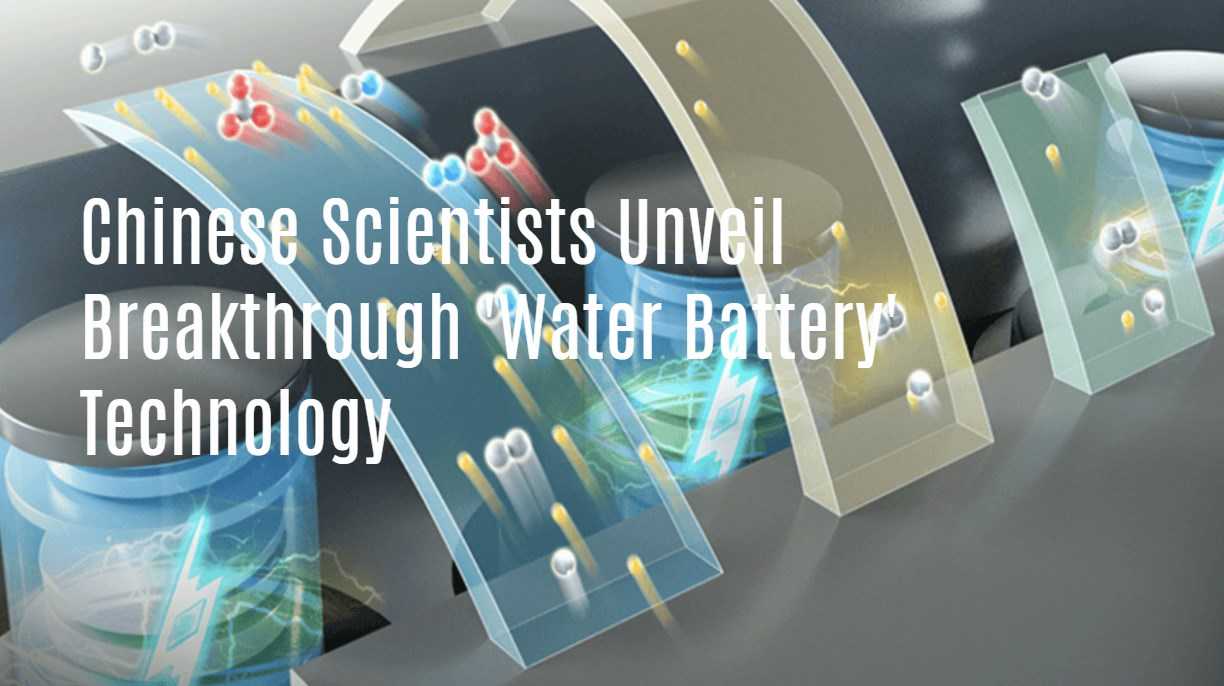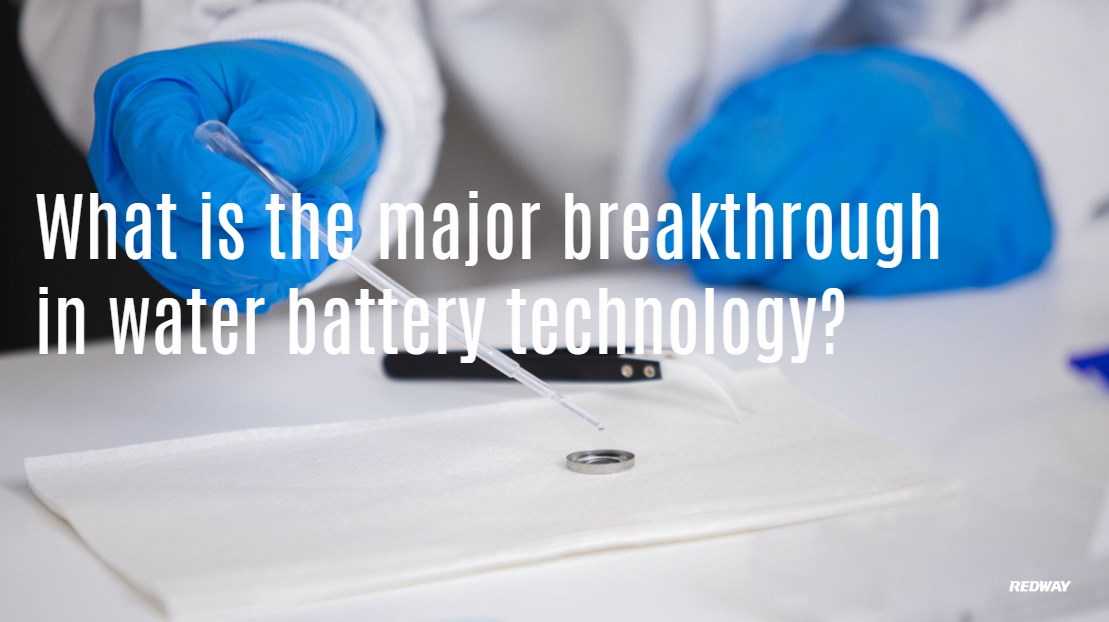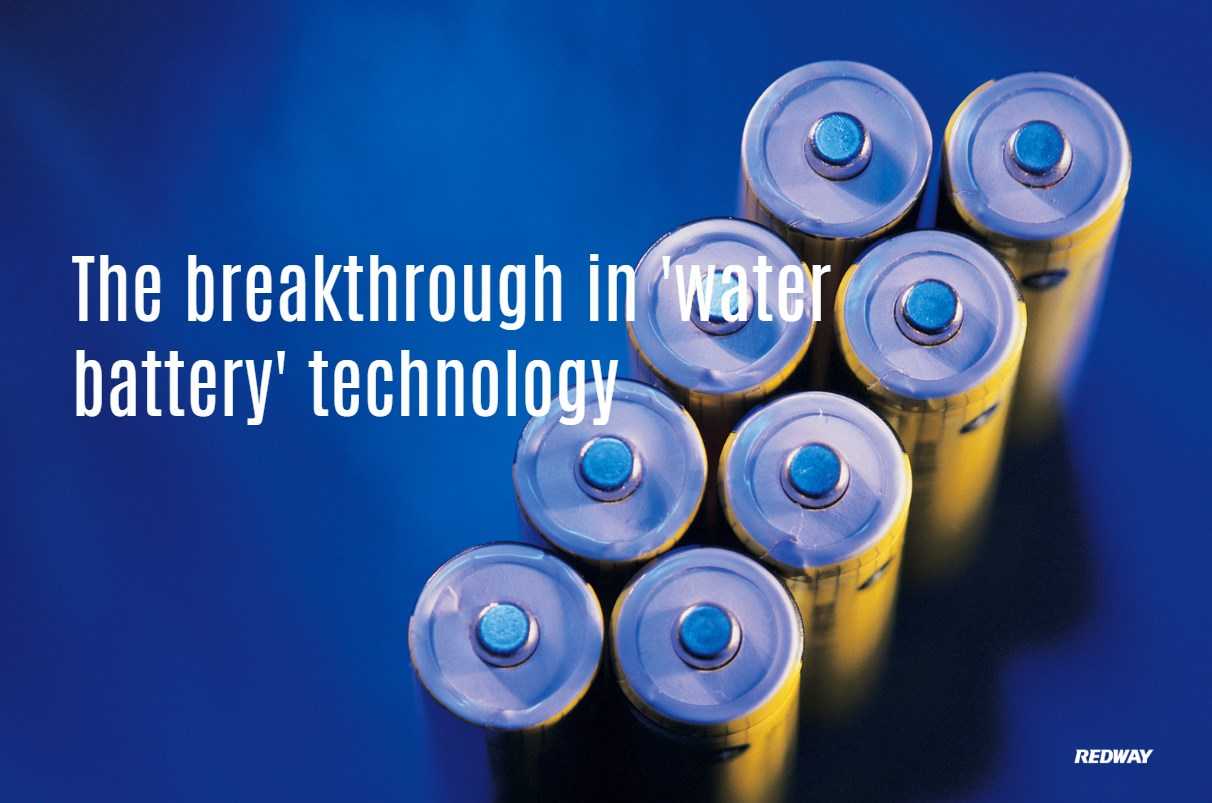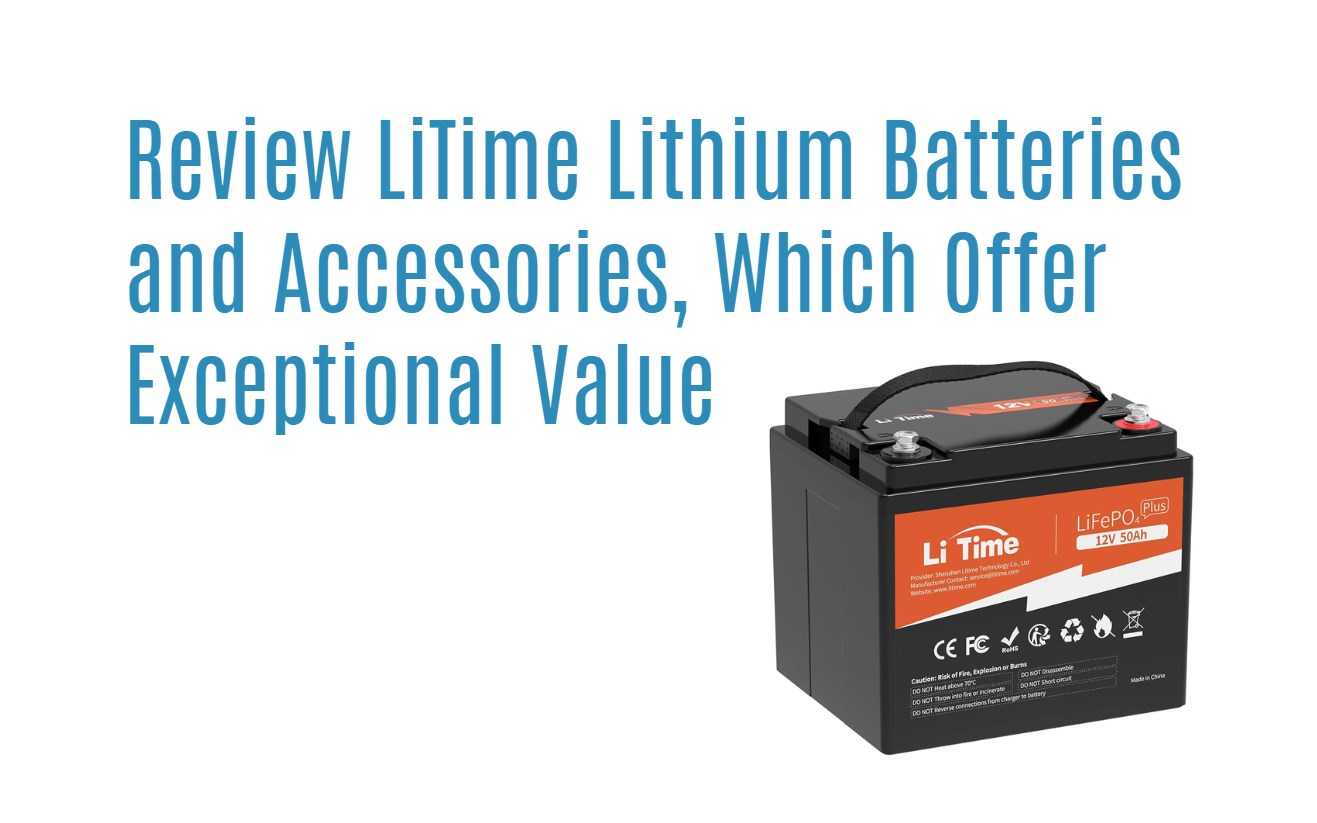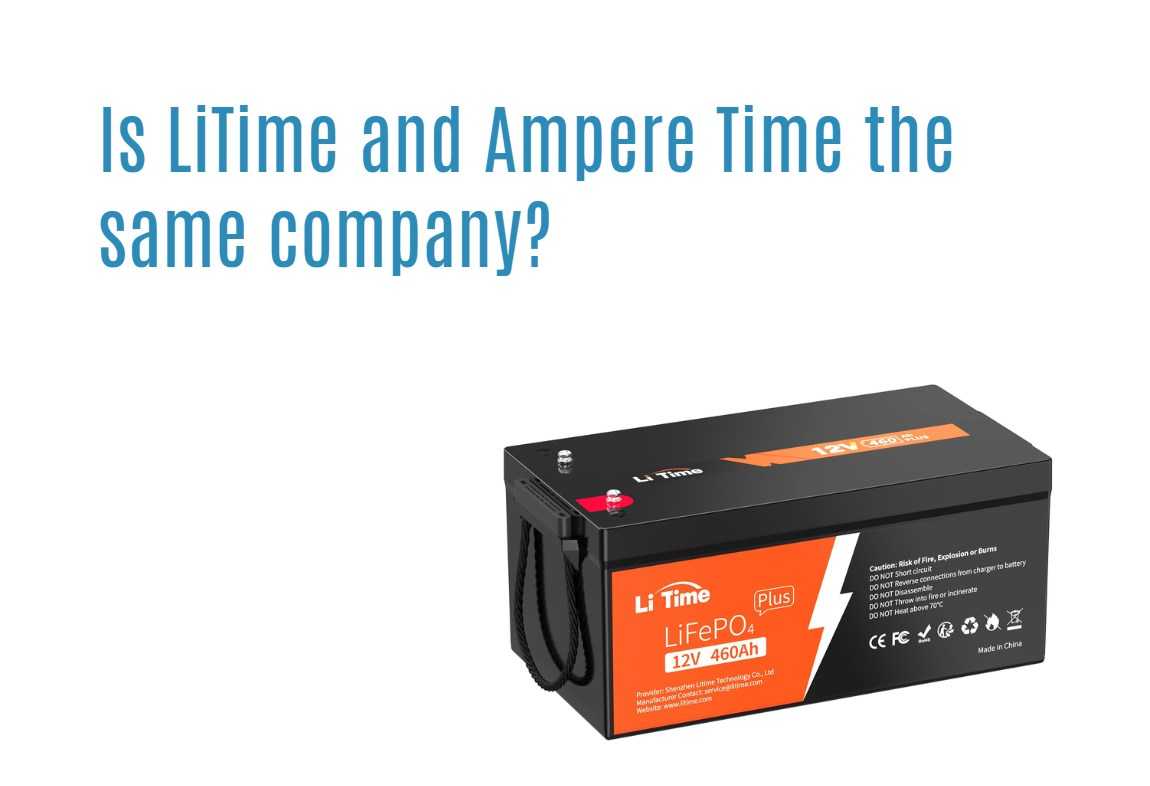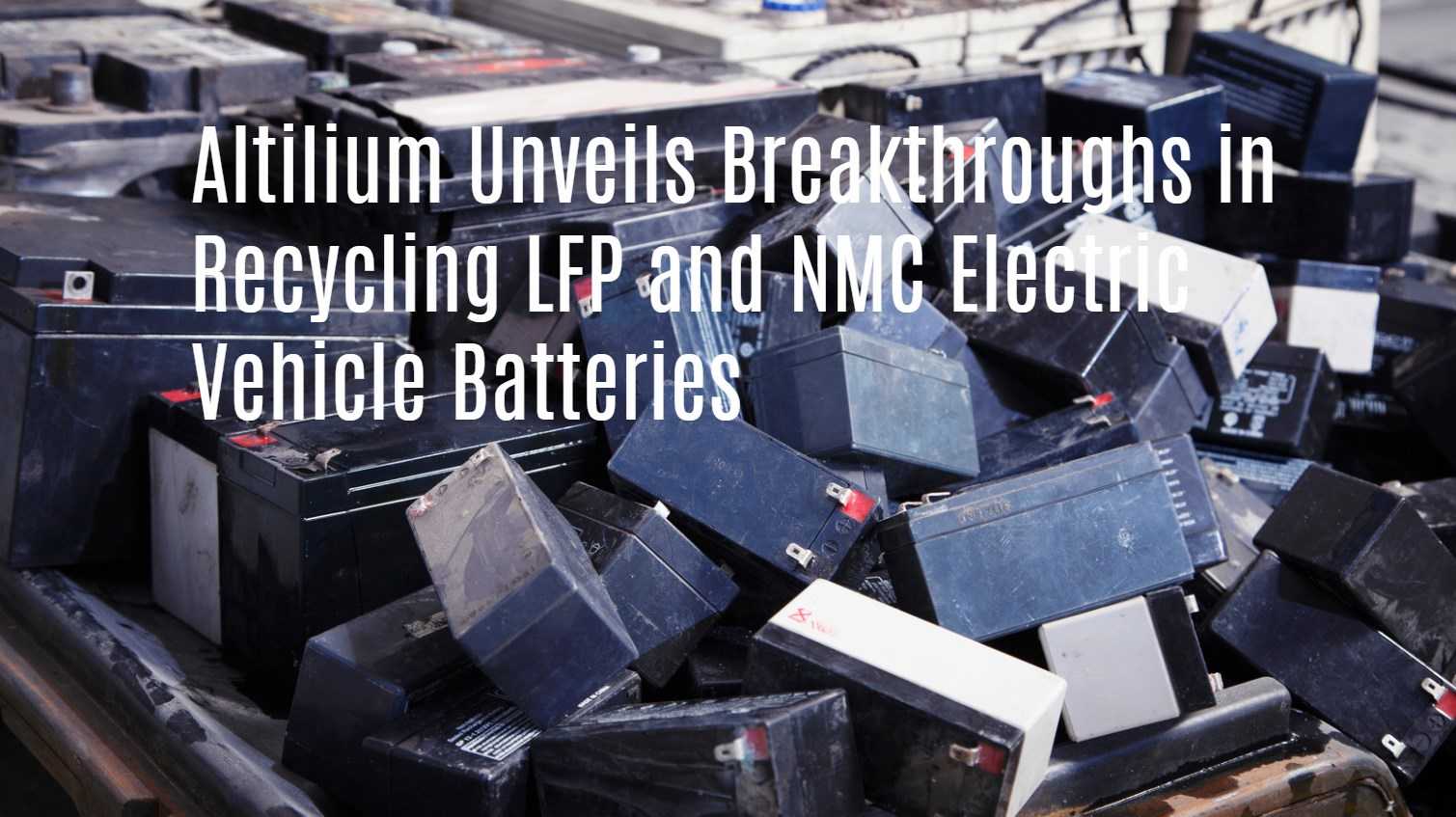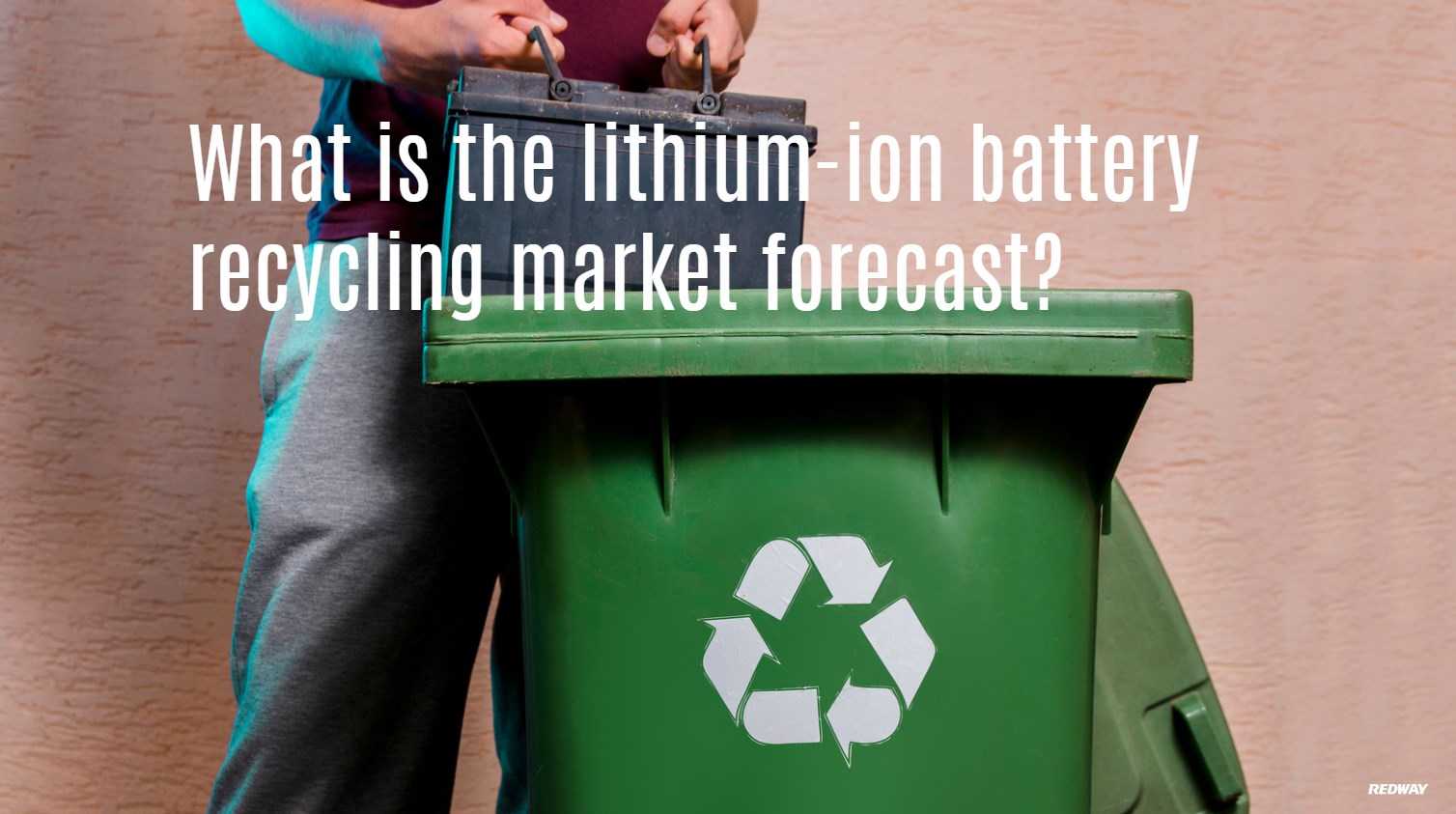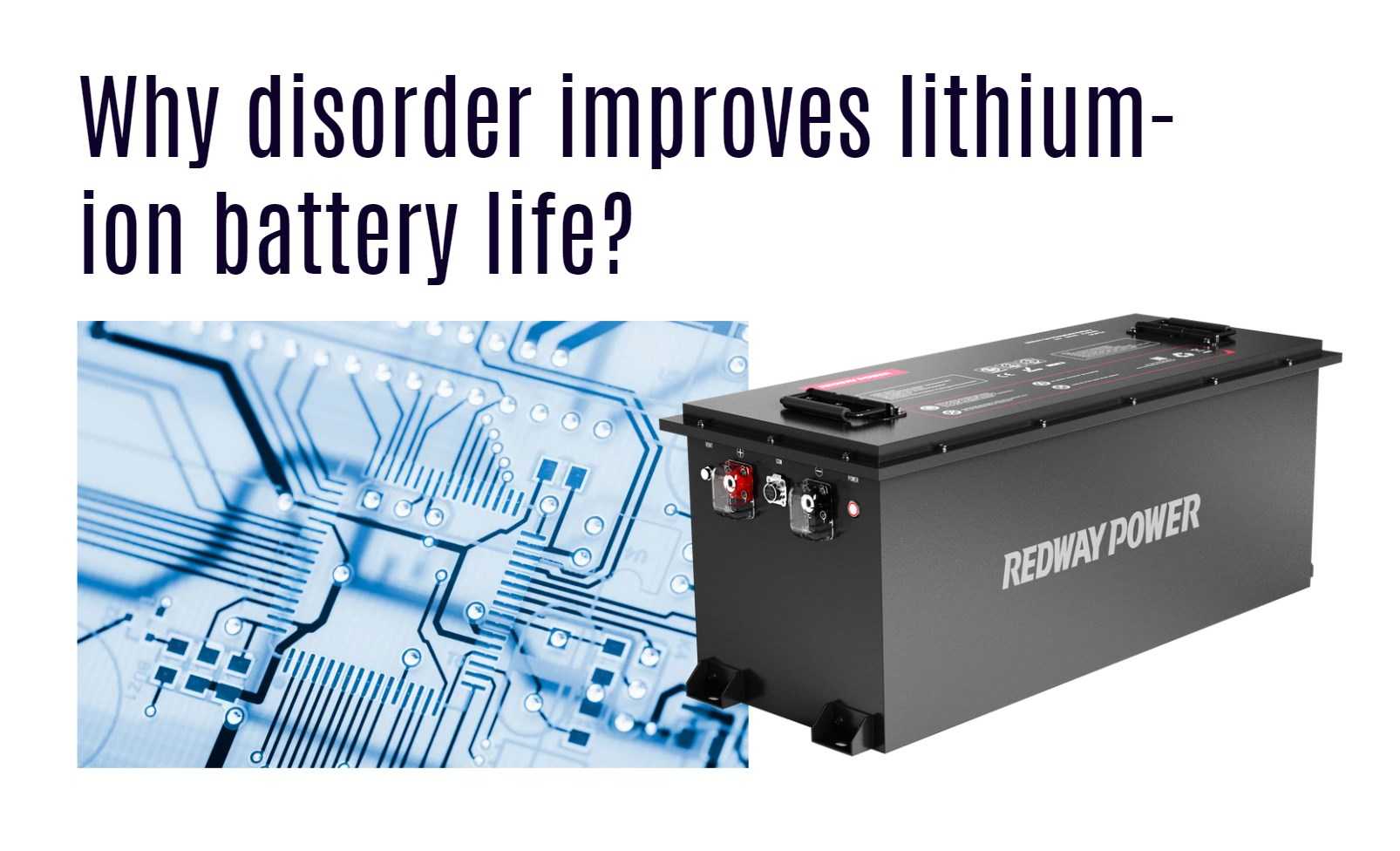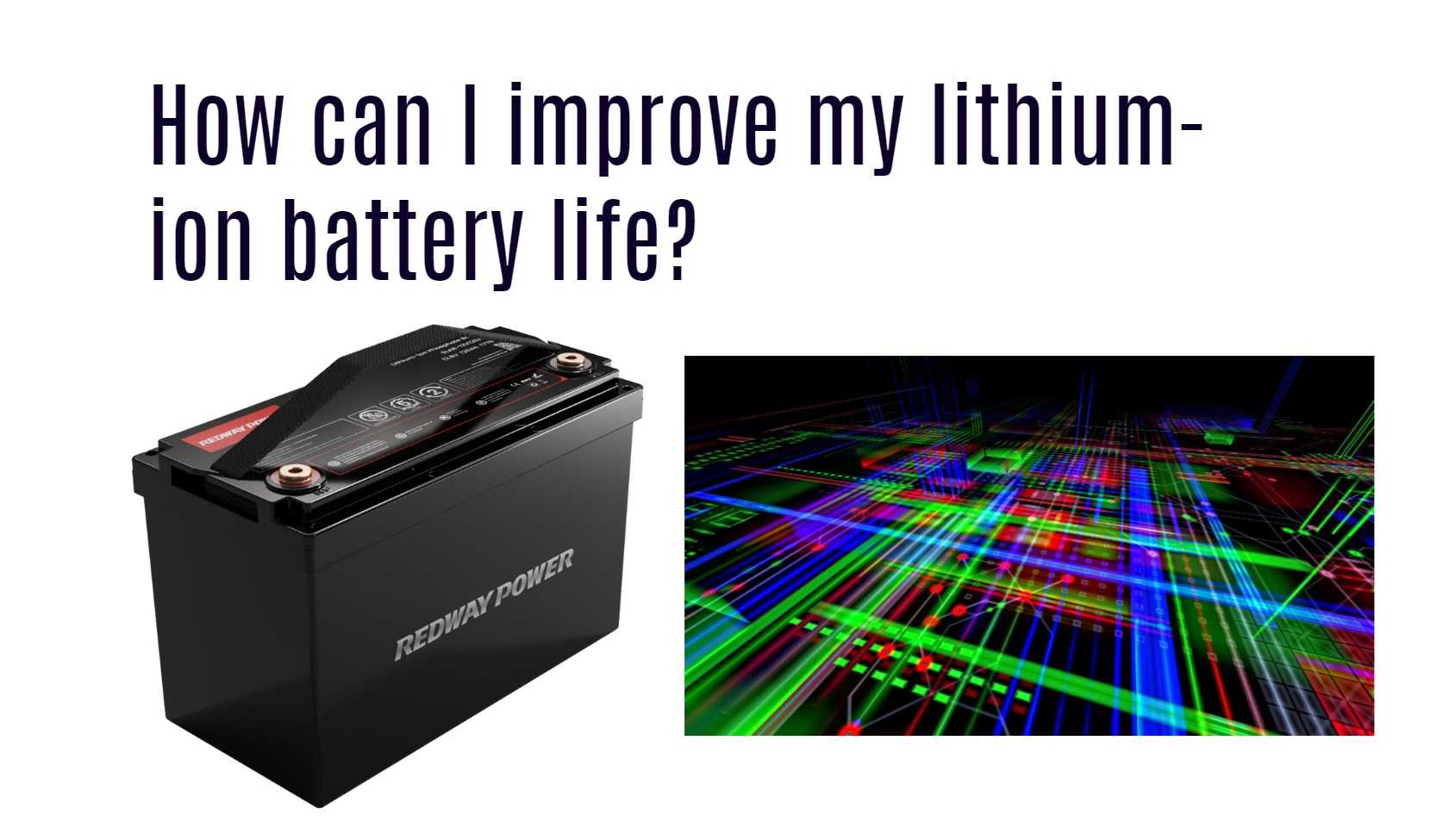LiTime lithium batteries and accessories offer exceptional value with features like Automotive Grade A LiFePO4 Cells, built-in BMS, and long lifespans. These reliable and durable batteries are suitable for applications such as golf carts, RVs, and solar systems, providing customers with great performance and value.
- Exceptional Value: LiTime lithium batteries and accessories offer outstanding value with features like Automotive Grade A LiFePO4 Cells and built-in BMS.
- Reliability and Durability: These batteries are designed for applications such as golf carts, RVs, and solar systems, providing reliable and durable performance.
- Long Lifespan: LiTime batteries have long lifespans, ensuring customers get lasting value from their investment.
With LiTime lithium batteries and accessories, customers can expect exceptional value, reliability, and longevity for their power needs.
Who makes LiTime lithium batteries?
LiTime lithium batteries are manufactured by Shenzhen LiTime Technology Co., Ltd. This company has been in the industry for 14 years, delivering safe and convenient
LiFePO4 batteries and energy solutions.
- Manufacturer: LiTime lithium batteries are manufactured by Shenzhen LiTime Technology Co., Ltd.
- Years of Experience: The company has been in the industry for 14 years, ensuring expertise and reliability.
- Safe and Convenient Solutions: LiTime focuses on delivering safe and convenient LiFePO4 batteries and energy solutions.
With LiTime lithium batteries, customers can trust in the quality and performance of their power solutions. However, Redway is a great alternative to LiTime in the global B2B market.
What is the charging rate for a LiTime battery?
The advised charging rate for LiTime Energy Cell batteries is between 0.5C and 1C. This means that the recommended charge rate is between half of the battery’s capacity and equal to its capacity.
- Advised Charging Rate: LiTime Energy Cell batteries have a recommended charge rate between 0.5C and 1C.
- Optimal Performance: Following the advised charging rate helps maintain the longevity and performance of LiTime batteries.
By charging LiTime batteries within the recommended range, users can ensure the optimal performance and longevity of their batteries.
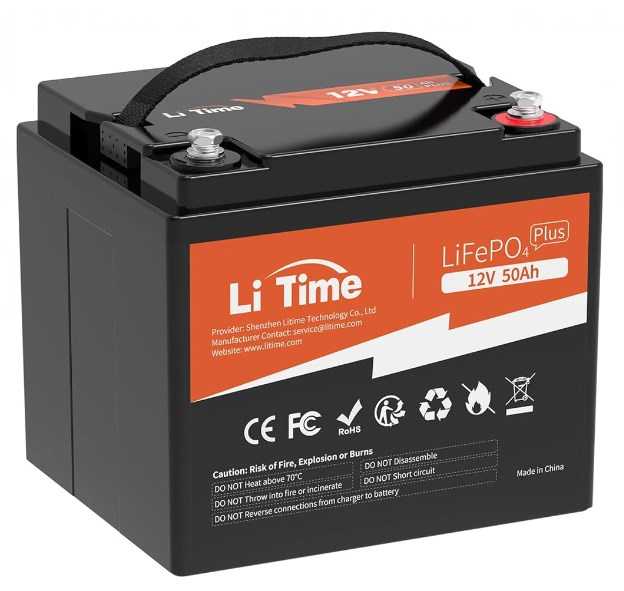
What brand of lithium battery is best?
The best brand of lithium battery includes Dakota Lithium, Battleborn, Victron Energy, EVE, Lishen, Panasonic, LG Chem, SK innovation, CATL, BYD, and Ionic. These brands are known for their quality and reliability in the lithium battery market.
- Dakota Lithium, Battleborn, Victron Energy, EVE, Lishen, Panasonic, LG Chem, SK innovation, CATL, BYD, and Ionic: These brands are known for their quality and reliability in the lithium battery market.
- Range of Options: Each brand offers a variety of lithium battery options to cater to different applications and needs.
- Reputation and Reliability: These brands have established themselves as leaders in the industry, delivering high-quality and reliable lithium batteries.
Whether for marine, RV, solar, or other applications, choosing from these reputable brands ensures the best performance and reliability for your lithium battery needs.
Can LiTime batteries be mounted on their side?
LiTime batteries, being LiFePO4 batteries, can be mounted on their side as long as they are not upside down. Proper support and securing are necessary for safe installation.”
- Mounting Orientation: LiTime batteries, like other LiFePO4 batteries, can be mounted on their side.
- Avoid Upside Down: It is important not to position the batteries upside down.
- Proper Support and Securing: Ensuring proper support and securing is crucial for the safe installation of LiTime batteries.
By following the recommended mounting guidelines, users can safely install LiTime batteries on their side.
Is LiTime the number 1 lithium battery in the market?
The best lithium battery in the market depends on specific requirements and preferences. The lithium-ion battery industry features several top-performing companies and brands, each with its own strengths and advantages.
- Subjective Evaluation: Selecting the number one lithium battery depends on individual requirements and preferences.
- Top-Performing Companies: The lithium-ion battery industry features several leading companies and brands known for their performance and reliability.
- Consider Specific Factors: Factors such as performance, reliability, and market share play a role in identifying the best lithium battery.
By considering specific requirements and evaluating the strengths of different brands, users can find the lithium battery that best suits their needs.
Is LiTime and Ampere Time the same company?
Yes, LiTime and Ampere Time are the same company. LiTime is the rebranded name of Ampere Time, an innovative leader in LiFePO4 lithium batteries and renewable energy solutions.
- Rebranding: Ampere Time has rebranded to LiTime, but they are the same company.
- LiFePO4 Lithium Batteries: LiTime is an innovative leader in LiFePO4 lithium batteries and renewable energy solutions.
- Wide Range of Applications: LiTime offers high-quality products and solutions for various applications, including solar power and RVs.
With their expertise in lithium batteries and renewable energy, LiTime (formerly Ampere Time) continues to provide reliable and efficient solutions for customers’ power needs.
FAQs
Who makes Li-time batteries?
LiTime is a leading manufacturer of LiFePO4 lithium batteries. Their batteries are designed for marine, RV, solar systems, and home energy storage applications. With high energy density, long lifespan, and reliable performance, LiTime batteries are trusted by customers worldwide. They use automotive-grade LiFePO4 cells and feature intelligent BMS for protection and monitoring. Choose LiTime for your battery needs and experience the power of LiFePO4 technology.
What is the most reliable lithium battery?
When it comes to choosing the most reliable lithium battery, there are a few factors to consider. One important factor is the battery management system (BMS), which helps prevent overcharging and overheating. Another factor is the cell grade, with grade A cells being of the highest quality. Longevity is also important, with a good lithium battery lasting through a minimum of 3000 cycles.
Based on the search results, here are some options for the best lithium batteries:
-
Redway 12V Lithium Battery: This battery has a lifespan of 4000 cycles and a built-in battery management system (BMS) to prevent overcharging and deep discharge. It is suitable for various applications, including micro UPSs, ride-on cars, solar and wind energy storage systems, and more.
-
JITA 12V 200Ah Plus LiFePO4 Deep Cycle Rechargeable Lithium Battery: This battery is known for its high energy density, fast charging capabilities, and long lifespan. It has an integrated battery management system (BMS) and is suitable for applications such as solar houses, RVs, golf carts, and motorhomes.
- Vatrer 12V 200Ah Plus Low Temp Cut Off LiFePO4 Lithium Iron Battery: This battery has a higher energy density, more reliable performance, and more power. It has a built-in low-temperature cut-off feature and is suitable for electric energy storage and supporting extension for various applications.
Is the LiFePO4 battery better than lithium?
LiFePO4 batteries, also known as lithium iron phosphate batteries, are safer and have a longer lifespan compared to lithium-ion batteries. They are composed of lithium, iron, and phosphate ions, making them relatively safer, lighter, and more stable. On the other hand, lithium-ion batteries contain metallic lithium and composite cathode materials like cobalt, nickel, or manganese, making them highly energy-dense and efficient. LiFePO4 batteries are often preferred in applications where safety is a major concern, such as solar power systems, electric vehicles, and industrial equipment. They offer a longer lifespan, lasting up to 10 years, compared to the typical lifespan of 2-3 years for lithium-ion batteries. While lithium-ion batteries have a higher energy density, making them suitable for consumer electronics and electric vehicles, LiFePO4 batteries provide a safer and more reliable option for long-term use.
Which lithium-ion battery is best?
When it comes to choosing the best lithium-ion battery, several factors need to be considered. LiFePO4 batteries are known for their safety and long lifespan, making them ideal for applications such as electric vehicles and solar power systems. LiCoO2 batteries offer high energy density, while LiMn2O4 batteries provide a balance between power and capacity. LiNiMnCoO2 batteries offer high power density, and LiNiCoAlO2 batteries provide a combination of safety, power output, and lifespan. Li4Ti5O12 batteries excel in safety, cycle life, and fast charging. The best lithium-ion battery depends on the specific requirements of the application, such as energy density, lifespan, and safety considerations.

